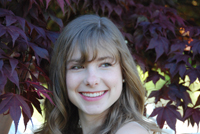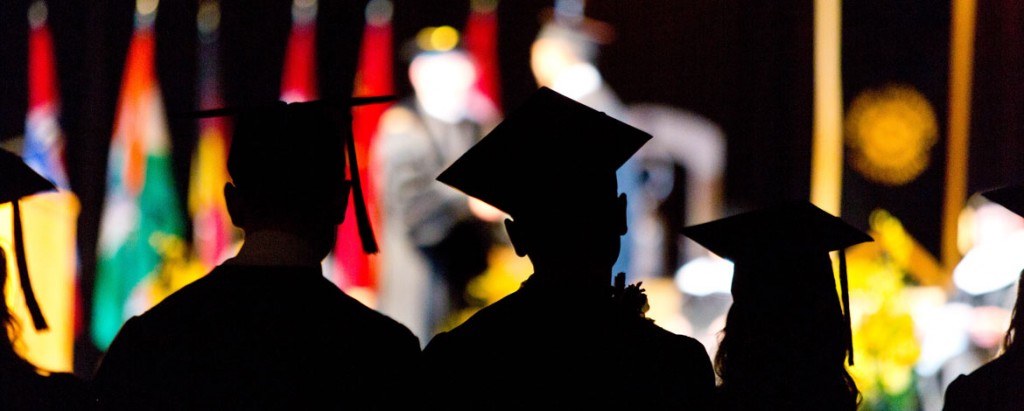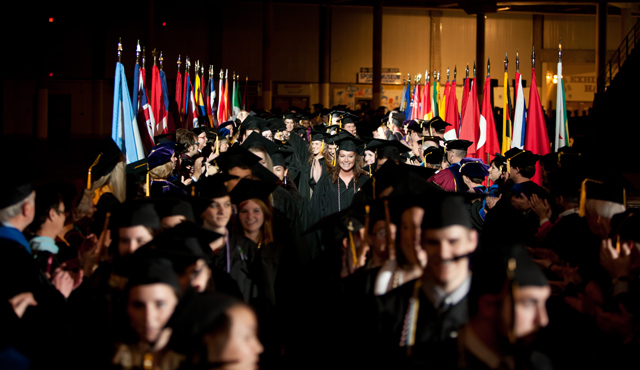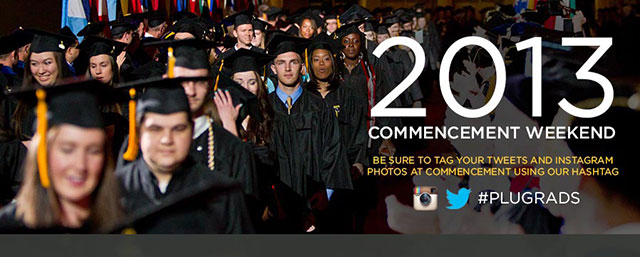Page 32 • (317 results in 0.107 seconds)
-

In their own words Compiled and edited by Chris Albert This spring, new PLU graduates closed a chapter in their lives and prepared to turn the next page. In the following, some Lutes shared their stories of why they came to PLU, what their experiences…
around campus like concerts and games! PLU offered the opportunity for me to simultaneously pursue my passion for engineering and my love of music, and I just could not turn down an opportunity like that. My PLU experience: Adventure, growth, friends, Frisbees, The Big Bang Theory, music, and trebuchets. Over my four years I have grown as a student, musician, scientist, human being, and global citizen. I have learned the value and importance of community from my friends and mentors in the alumni
-
Melodramatic, selfish, pouty Mary Musgrove is the only Persuasion (2022) character who says anything meaningful about Regency womanhood that is congruous with gender expectations today. Her lines in Carrie Cracknell’s adaptation are like Reductress captions, with just a little less of the same satirical punch.…
. A Mary-meme cannot encapsulate all of this information and context. Due to its sparse text and image pairing, it is not structured to be educational but it can start a critical conversation. Mia McKenna-Bruce’s Mary succeeds overall in the way she disguises the childlike as childish, thereby giving audiences opportunities for reflection on their social environments if they engage. Another exceedingly quotable Mary with the last name Wollstonecraft advocated for education as an antidote to
-
Global health: Why does it matter? If public health was a fashion show, global health would be the new black. It’s hot. But what is global health, exactly? And why does it matter? Mark Twain once complained that everybody talks about the weather but nobody…
burgeoning field that go to root principles. And if the basic concept itself is fuzzy, the core principles are also up for debate. Just a decade ago, a precise definition of “global health” was perhaps not so critical. In the late 1990s, global health was largely defined, by default, as whatever was being done by the World Health Organization, UNICEF and the few other organizations working internationally on matters of public health. Global health was about getting kids in poor countries vaccinated
-

TACOMA, WASH. (May 22, 2018) — It’s official. The Class of 2018 at Pacific Lutheran University is wrapping up the final list of “lasts.” There are the lasts that students (soon to be alumni) are likely happy to bid farewell: the last final, the last…
Americans in 2012, among his many other accomplishments. Hrabowski’s speech is sure to underscore PLU’s mission of critical thought and care, two ideals Bridgewater says she’ll take with her long after she walks across the stage this weekend. “PLU has taught me to approach challenging situations with an open mind and has given me the skills to equitably discuss divided topics,” she said. But that’s not all Bridgewater is taking with her as she starts on her path to firsts: “My biggest highlight from my
-

More than 850 students will graduate from PLU for the 2011-2012 academic year. Spring Commencement takes place Sunday, May 27 in the Tacoma Dome. (Photo by John Froschauer) In their own words Compiled and edited by Chris Albert This spring, new PLU graduates closed a…
track after switching out of biology, but I value the extra opportunities that a fifth year of college allowed me to explore. Alex Limoges ’12 is from Vancouver, Wash. Looking back, I don’t feel like I have left anything undone or been disappointed by my experience. I am just ready to move forward. What’s next? Immediately, I will be concerned with preparing for and passing the NCLEX examination for my RN certification while I hunt for jobs. I hope to find a job in a critical care new-grad position
-

He was working by age 8, picking cherries and apples under the Yakima Valley sun. In the spring he worked as a smudger. He’d sleep overnight in an orchard and when the alarms rang he’d sprint to light the smudge pots that warmed the trees…
university in the state to offer an Automatic Admission Partnership. PLU admission staff work with high school guidance counselors to identify seniors who will flourish at the university. Eligible students are invited to connect with PLU staff to immediately begin critical next steps like FAFSA completion. The partnership is piloted with three Bethel School District high schools in the spring and is so successful that by the fall it includes 33 Washington high schools across nine school districts.When
-

For the 2012-2013 academic year, 877 students will have graduated from PLU. Spring Commencement takes place Sunday, May 26 in the Tacoma Dome. (Photo by John Froschauer) In their own words Compiled and edited by Chris Albert This spring, new PLU graduates closed a chapter…
May 22, 2013 For the 2012-2013 academic year, 877 students will have graduated from PLU. Spring Comm
Do you have any feedback for us? If so, feel free to use our Feedback Form.


